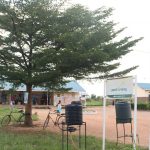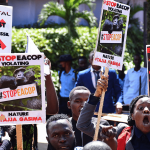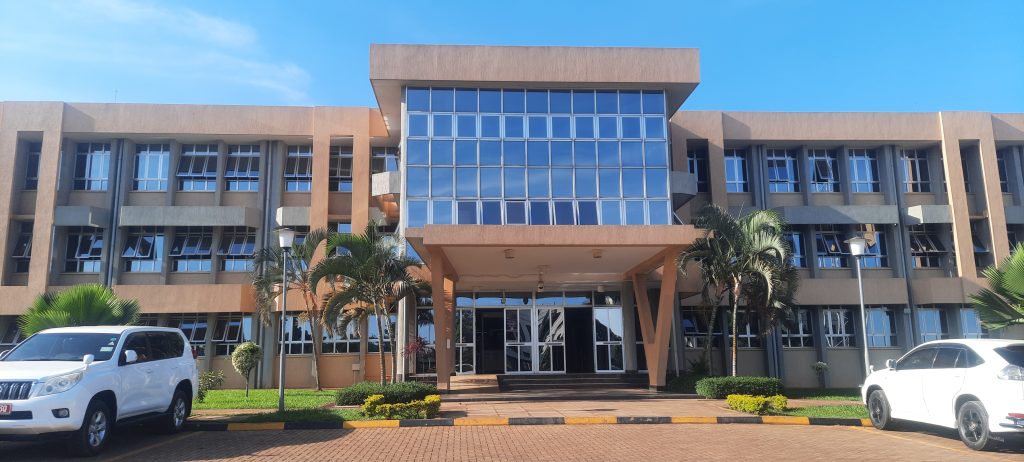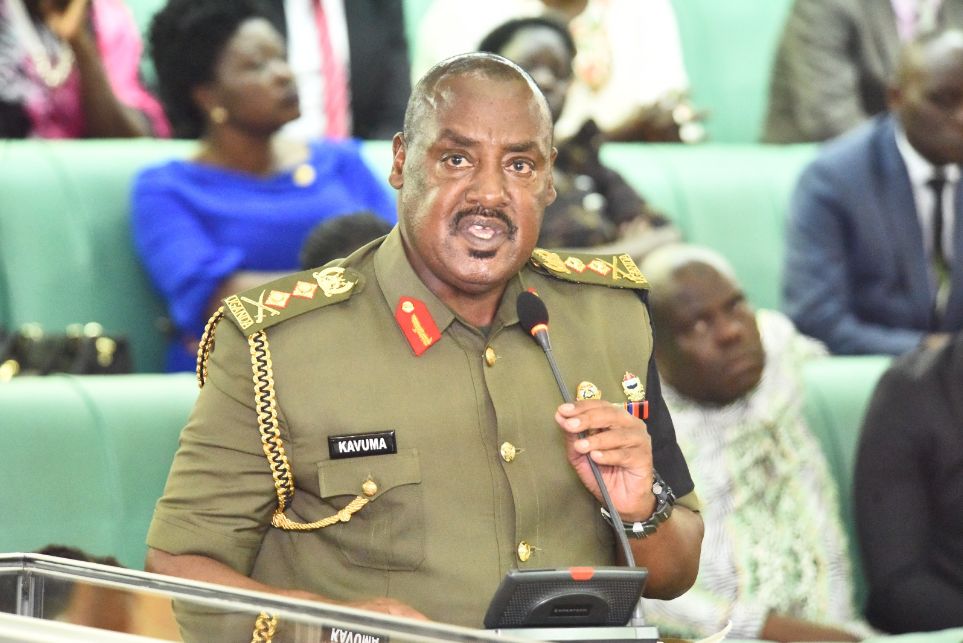Highlights:
- Forces Capture Alleged ADF Leader
- Breakthrough: ADF Chief Linked to Tourist Slayings
In a recent military operation, the Uganda People’s Defence Forces (UPDF) successfully apprehended the alleged leader of a militia group responsible for the murder of two foreign tourists and their local guide in Queen Elizabeth National Park.
This operation took place after a nighttime military strike against a unit of the feared Allied Democratic Forces (ADF), resulting in the death of six ADF fighters. The individual captured, identified as the unit commander known as “Njovu,” was the sole survivor of the mission.
On October 17, a British national, a South African, and their Ugandan guide were tragically murdered during a safari in Queen Elizabeth National Park. Uganda attributed this attack to the ADF, an armed militia group with ties to the Islamic State (IS) operating from the neighboring Democratic Republic of Congo (DRC). Subsequently, the IS group claimed responsibility, targeting “three Christian tourists.”
Uganda’s deputy military spokesman, Deo Akiiki, disclosed that Njovu, the captured commander, sustained injuries to his back during the gunfight on Tuesday. The operation was a joint effort driven by military intelligence, resulting in the elimination of the entire ADF squad sent to cause chaos, harm tourists, and target schools and hospitals. The only surviving member, Njovu, is now in custody and will face trial. He was found in possession of some of the murdered tourists’ belongings and the Ugandan guide’s identity card.
The victims of the October attack were identified as British national David Barlow, his South African wife Celia, and the guide, Eric Ayai.
Major General Dick Olum, responsible for overseeing Uganda’s military operations against the ADF in the DRC, reported that six other members of the ADF squad were killed in the operation conducted on Lake Edward, which straddles the Uganda-DRC border to the west of the park where the initial attack occurred.
Olum revealed that the captured fighter had been planning another mission to carry out additional terror attacks, unaware that the military was closely monitoring the group’s activities. The operation resulted in four terrorists being shot and drowned in the water, while two others attempting to swim across the lake were also shot and killed. The mission’s current objective is to locate and neutralize any remaining ADF splinter groups.
Following the October attack, President Yoweri Museveni urged security forces to eradicate the ADF, leading to a series of airstrikes against their positions in the DRC.
Historically, the ADF is a Ugandan rebel coalition, with its largest faction comprising Muslims opposing the Ugandan government. Established in eastern Congo in 1995, the group has been accused of committing atrocities against thousands of civilians in the region.
In June, ADF fighters attacked a high school in western Uganda near the DRC border, resulting in the deaths of 42 people, including 37 students.
The British government has advised its citizens to avoid travel to specific areas of Uganda, including Queen Elizabeth Park. Tourism plays a significant role in Uganda’s economy, contributing nearly 10 percent of the country’s gross domestic product (GDP) last year, according to government statistics.




















